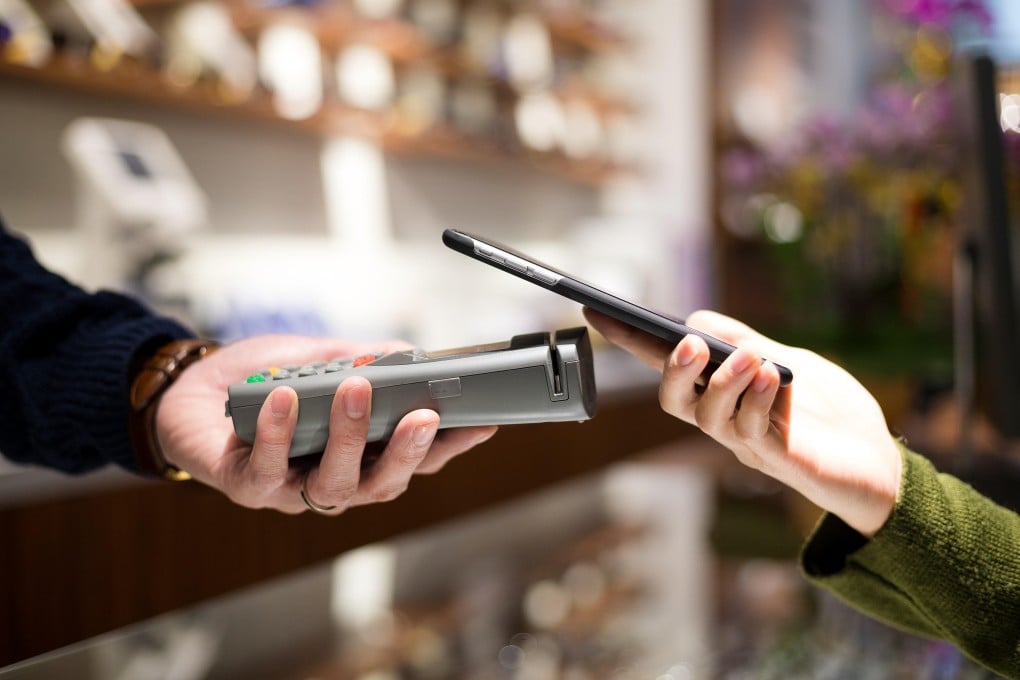Advertisement
Apple Pay, Alipay, WeChat Pay and PayMe put to the test – find out which digital wallet is best for you
- People in China have fully embraced mobile payment apps in their daily lives, and a number have made their way across the world
- We put to the test four of the most popular digital wallets available in Hong Kong
Reading Time:4 minutes
Why you can trust SCMP

Mobile payment has never been more popular. In China, mobile payment apps have practically been a way of life in the retail world for the last three years, with the trend now finally catching on in Hong Kong and Southeast Asia.
Today, there is a growing number of e-payment apps, each promising faster, safer and easier transactions.
According to a 2018 survey conducted by the Hong Kong Productivity Council on brand awareness of e-wallet services, Alipay, WeChat Pay, Apple Pay and PayMe were ranked top among users.
Advertisement
We look at what set these four popular mobile payment apps apart and which one most meets your needs.

Advertisement
WeChat Pay HK
WeChat Pay HK was launched at the beginning of 2016 as a digital wallet inside the Chinese chat app WeChat. It can be used for peer-to-peer money transfers, cross-border payments, making purchases at designated retail outlets as well as buying coach and ferry tickets.
Advertisement
Select Voice
Choose your listening speed
Get through articles 2x faster
1.25x
250 WPM
Slow
Average
Fast
1.25x